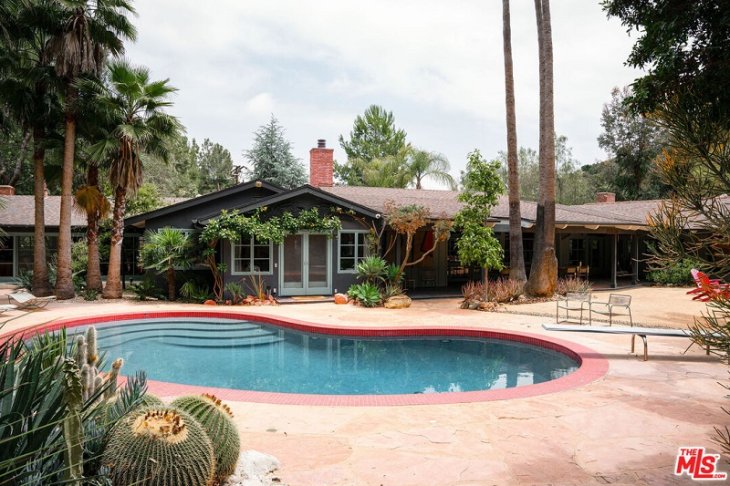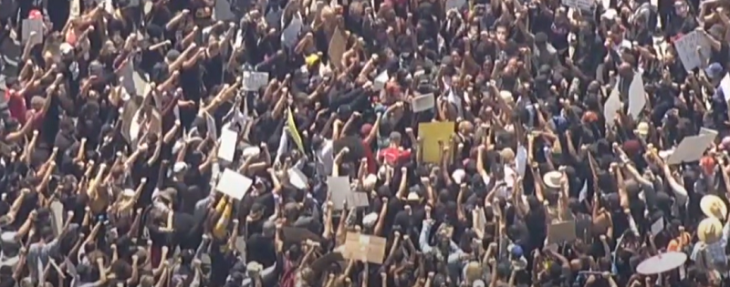The AAGLA’s lawsuit seeks to overturn Ordinance No. 1877764 and Ordinance No. 187763
The Apartment Association of Greater Los Angeles (AAGLA) has taken legal action against the City of Los Angeles over two recently passed renter protection ordinances.
The AAGLA’s lawsuit seeks to overturn Ordinance No. 1877764, which requires a financial threshold of past due rent equal to one month’s fair market rent before initiating eviction proceedings, and Ordinance No. 187763, which penalizes rental housing providers who increase rent on units exempt from local or state rent stabilization rules beyond a specified percentage.
According to Cheryl Turner, President of the AAGLA Board of Directors, these ordinances are illegal under State Law’s Costa-Hawkins Rental Housing Act, which exempts rental units such as newer construction, single-family homes, and condominiums from price controls like rent stabilization ordinances.
“These new ordinances are clearly illegal under state law. Under State Law’s ‘Costa-Hawkins Rental Housing Act,’ rental units such as newer construction, single family homes, and condominiums are exempted from price controls such as rent stabilization ordinances, yet the City’s new Ordinance No. 1877764 potentially imposes severe financial penalties on any owner that increases rent above specified limits on a rental unit that is exempt from rent control, should the renter then decide to relocate,” Turner said.
The AAGLA argues that the new ordinances could impose severe financial penalties on owners who increase rent above specified limits on a rental unit exempt from rent control if the tenant decides to relocate.
Additionally, Turner notes that Ordinance No. 187763 requires housing providers to allow past-due rent to accumulate in order to meet the City’s required financial threshold for what constitutes past-due rent. This requirement goes against State Law, which allows owners to serve 3-day notices and initiate legal proceedings quickly after the due date passes to recover owed rent.
“This new requirement that a housing provider sit back and allow past due rent to accumulate in order to meet the City’s required financial threshold of what it constitutes as past due rent flies in the face of State Law which allows owners to serve 3-day notices and initiate legal proceedings to quickly recover rent owed after the due date to pay rent has passed. Now owners may have to wait months or even years, at which point the past due rent will likely never be collectible and renters can may now stay housed in violation of their lease agreement without recourse. The City’s ordinance has clearly created a scenario where renters, not the property owners, can effectively establish the amount of rent they wish to pay.” Turner said.
Daniel Yukelson, AAGLA’s Executive Director, believes that these regulations will be costly for anyone who owns a condominium or single-family home in Los Angeles and chooses to temporarily or permanently rent their property.
“Now anyone who owns a condominium or single family home in the City of Los Angeles will be subjected to very complicated and potentially costly regulations should they decide to rent their properties temporarily or otherwise. In particular, the latest move by the City of Los Angeles under Ordinance No. 1877764 provides protection to the City’s wealthiest renters – often those who make far more income than the individuals providing them with their housing. A renter living in a mansion in Bel Air, for example, is now being given protections by the City and might receive thousands of dollars in unwarranted benefits.” Yukelson said.
He adds that Ordinance No. 1877764 provides protection for wealthy renters who make more income than their landlords and could receive thousands of dollars in unwarranted benefits as a result of this new law.
“Unscrupulous renters can merely ‘string out’ legally owed rent payments for months or even years in some cases by ‘short-paying’ rent in increments of $50, $100 or more per month, and rental property owners will be left ‘holding the bag’ with little or no recourse whatsoever. To make matters worse, once any portion of unpaid rent is past due more than 12-months, there are very few remedies under State Law to collect the aged, accumulated rental debt,” Yukelson said.


























